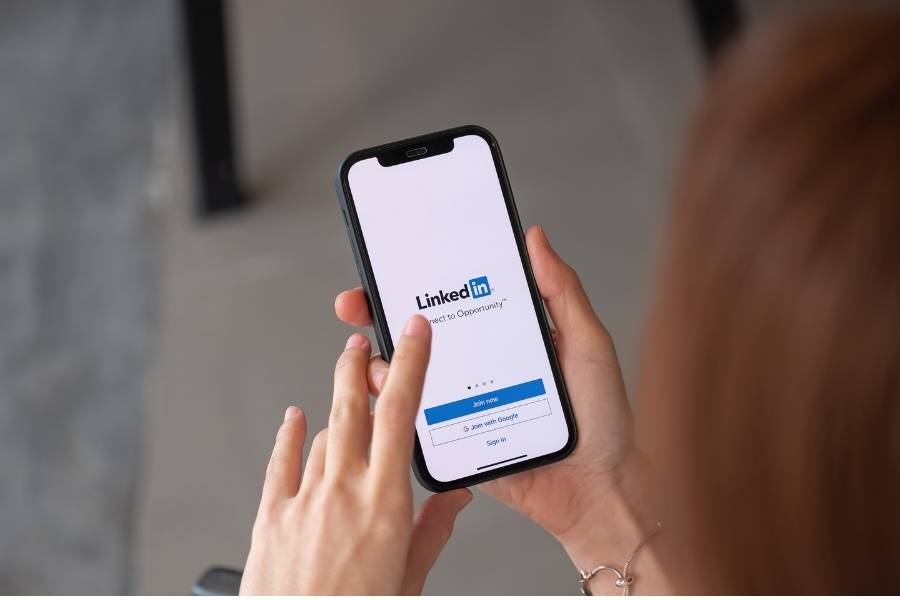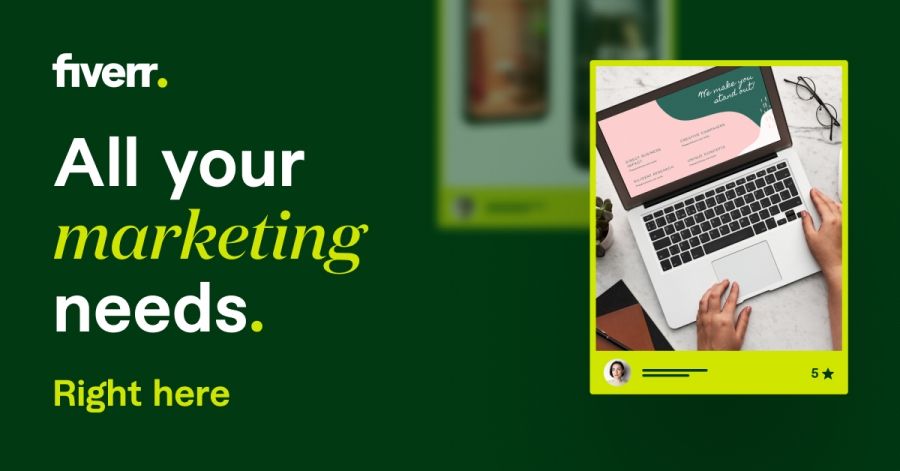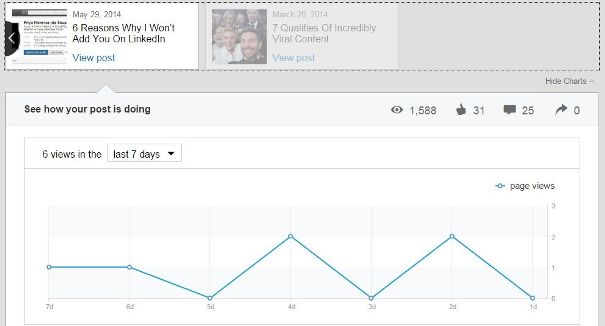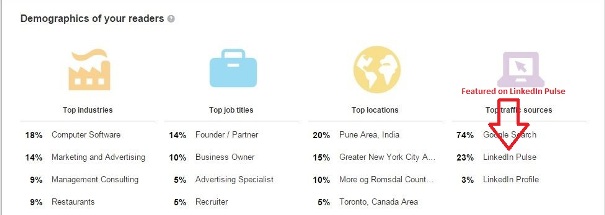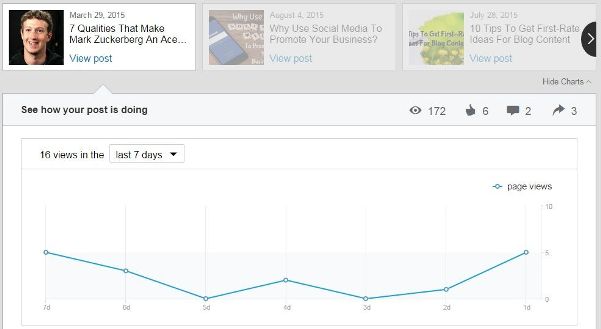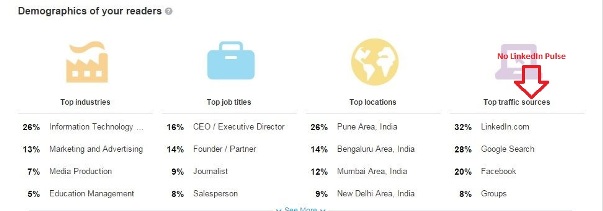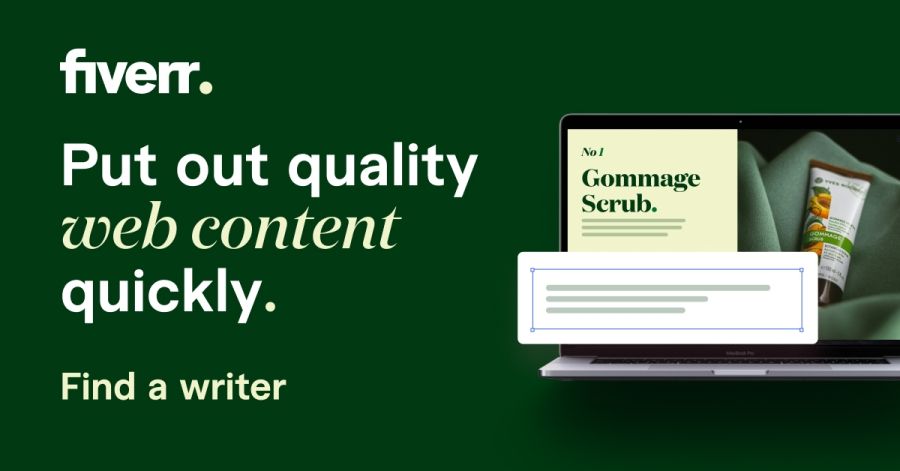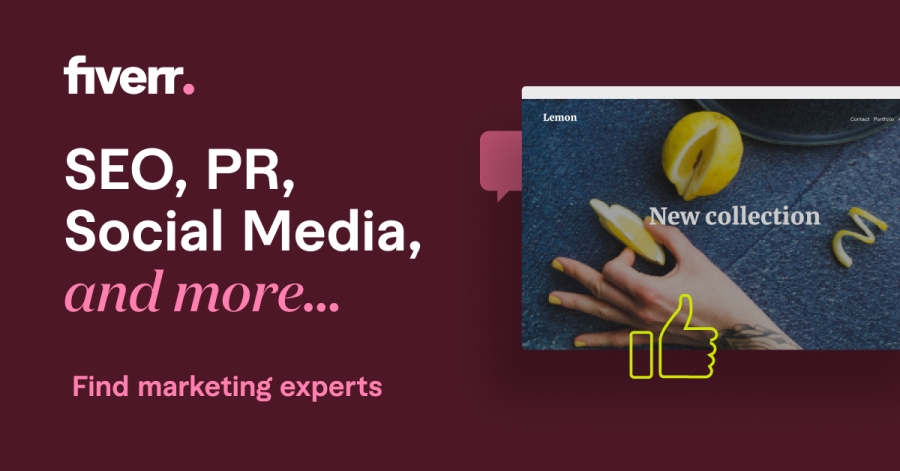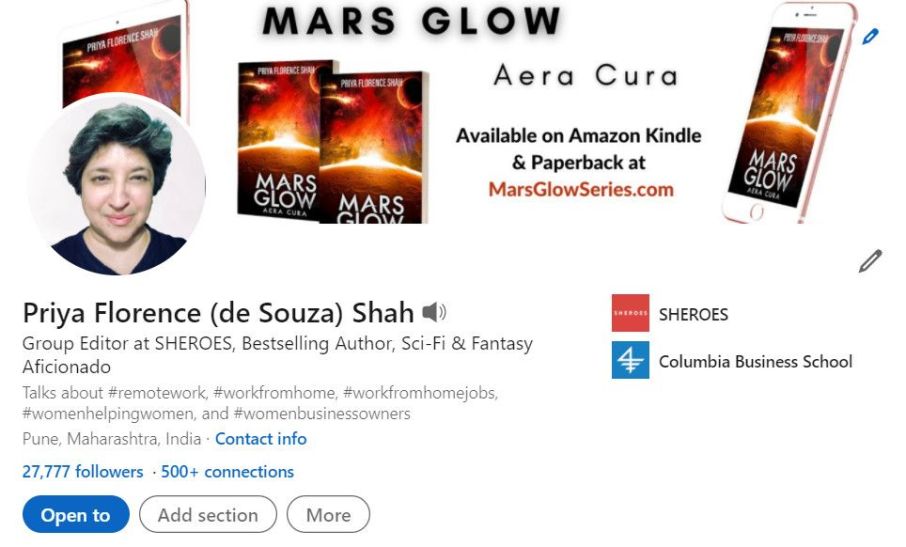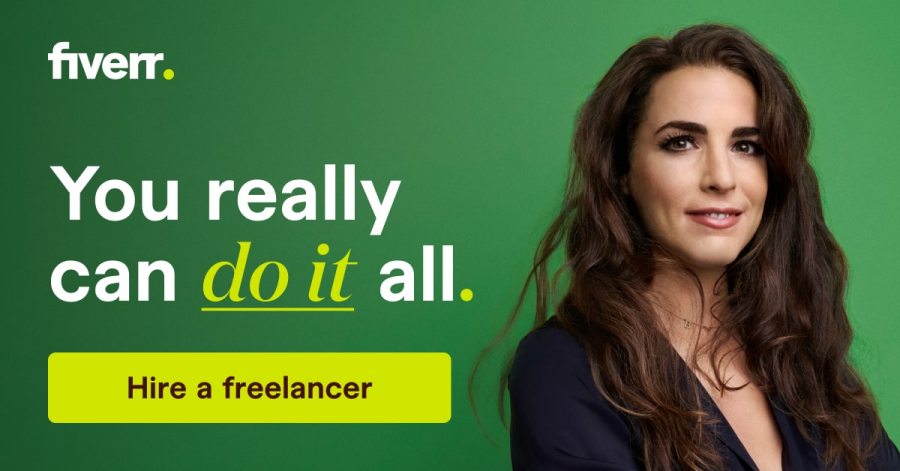Want to grow your LinkedIn followers and get your content noticed on LinkedIn? Here’s what I learned while getting over 27k LinkedIn followers.
This is not a unique or special achievement. There are many people who have more followers and much more engagement on their posts. But these are the lessons I have learned personally and they may or may not be the same as other people’s experiences.
When LinkedIn enabled long-form publishing on its own site, it offered us another way to reach out to people on its network. Your long-form posts on LinkedIn can help you:
- Become known for your expertise
- Build new connections
- Start conversations in groups
- Build a base of followers (separate from your contacts)
- Syndicate your blog content
With multi-channel publishing and content syndication becoming important content marketing strategies for the future, LinkedIn Publishing is a channel you need to be active on if you publish any form of content online.
How To Increase Your LinkedIn Followers
I’ve managed to build a base of over 27k followers on LinkedIn, and I’m not even an influencer. Here are the lessons I’ve learned along the way.
#1. Articles about LinkedIn do best on LinkedIn
There’s no mystery to this. When people are browsing LinkedIn, they’re going to be most interested in reading about… you guessed it… LinkedIn.
Articles on growing your network, getting more connections, and mailing people on Linkedin, are always going to be popular with LinkedIn users.
If you write about LinkedIn, you’re also very likely to be featured on LinkedIn Pulse, and LinkedIn users are more likely to share your article with their network.
This article, 6 Reasons Why I Won’t Add You On LinkedIn, got more views and comments than any of my other articles and also got featured on LinkedIn Pulse.
I’ve also noticed that whenever I wrote an article on Facebook or even on Mark Zuckerberg, it did not get shared on LinkedIn Pulse, even though almost every other article of mine did.
Of course, that doesn’t mean you should start writing exclusively on LinkedIn (unless you’re a LinkedIn expert).
After all, many social influencers write on generic topics, like success, entrepreneurship, and business, and their articles do very well. This is just something I observed by nosing around in my LinkedIn Publisher statistics.
#2. Not every post will be a winner
Again, this is no mystery. Not every post of yours will appeal to the average LinkedIn reader, or even to your network. Also, while people visit Facebook to read the news, they do not use LinkedIn for the same purpose.
Most people use LinkedIn for professional networking. According to PCMag, people who use LinkedIn are usually looking to: find a job/clients, hire or partner with new people, keep tabs on their business acquaintances, and network.
If they have the time, they will browse their newsfeed and LinkedIn Pulse. People also do not log in to LinkedIn as often as they log in to Facebook and Twitter.
#3. Post about your industry
I have noticed that whenever I post about my industry (social media marketing or blogging), more people read, comment on and share my posts. Posts that I write on other topics don’t do as well.
According to the source here, the two biggest reasons professionals access content on LinkedIn are to “keep up with industry news” and “discover new ideas within the industry.” So stick to writing about what you know best – your industry.
#4. Be a bit controversial
The article I wrote titled, 6 Reasons Why I Won’t Add You On LinkedIn, was aimed at helping LinkedIn users improve their profiles. But I gave it a controversial title, which is why it got more comments than my other articles (some from people who were less than thrilled with my list).
So if you want your post to be noticed, commented on, and shared, it doesn’t hurt to be a little controversial. And when responding to comments, just remember that you don’t have to attend every argument you’re invited to.
“You don’t have to attend every argument you’re invited to.”
#5. Link to your website or blog in your post
If you’re spending all that time and effort to write and post a great article on LinkedIn, be sure that it leads them back to your blog or website. Either insert links in the body of the article (the best way) or in your Call to Action at the end of the article.
After all, the purpose of becoming known for your expertise is that readers will ultimately click through and visit your website, where they can get to know you and your business better.
If you’re an author posting an excerpt, you’ll want to link back to your author’s website or, better yet, the book you’re quoting from.
#6. Write short post headlines
The optimal length for headlines on blogs is 6 words or 55 characters. Only the first 3 and last 3 words of a headline tend to be read, and if your LinkedIn post headlines are too long, they might get truncated and lose their effectiveness.
As of this writing, the longest headline I saw on LinkedIn Pulse was “Killing Over-Communication: An Internal Memo from Asana’s Founders”, which is well over 60 characters, and the thumbnails accompanying the headline had vanished.
But even if LinkedIn keeps changing its rules, the rules of writing good copy won’t change. So, as a rule, stick to short headlines below 55 to 60 characters.
#7. Grow your LinkedIn network
The bigger your network, the more people will be exposed to your LinkedIn posts. Your LinkedIn Followers can exceed your LinkedIn Contacts, as mine do.
But, I believe that having more 1st level connections is the best way to get found, and also makes it easier to search for and contact the people you really want to connect with.
William Arruda is a personal branding expert who recommends that you “ignore LinkedIn’s advice to only accept connection requests from people you know,” because that doesn’t help you get found.
Since writing that post on the kind of people I won’t add on LinkedIn, I have actually relaxed my own rules a bit. There are very few people I will actively avoid adding on LinkedIn.
Share the link to your LinkedIn post on all your other social networks – Facebook, Twitter, and any other relevant networks. Also, share your post with relevant LinkedIn groups, but don’t spam.
Only share with a group if it is of interest to the members of that group. Participate in LinkedIn group discussions, and like or comment on the posts shared by other members before you share your own post.
I hope you’ve enjoyed reading these lessons I’ve shared about how Linkedin builds your publishing presence. If you have any of your own to share, please post them in the comments below.
Personal branding tips
- 31 Business Masterclasses To Learn Entrepreneur Skills
- 10-Step Linkedin Strategy For Lead Generation With Linkedin
- Kait LeDonne’s Personal Branding Toolkit & LinkedIn Branding Tips
- 4 Ways To Leverage LinkedIn For Content Marketing
- 7 Habits Of Successful Social Media Influencers
- Using Brand Archetypes For Personal Branding With Kaye Putnam
- Effective Personal Branding Tips For Developing A Killer Personal Brand
- Personal Branding For Coaches: How Do I Market My Coaching Business?
© 2015 – 2024, Priya Florence Shah. All rights reserved.
Priya Florence Shah is a bestselling author and an award-winning blogger. Check out Devi2Diva, her book on emotional self-care for women. In her spare time, Priya writes science-fiction novels and poetry and chills with her two-legged and four-legged kids.
Discover more from Business & Branding Tips
Subscribe to get the latest posts sent to your email.
